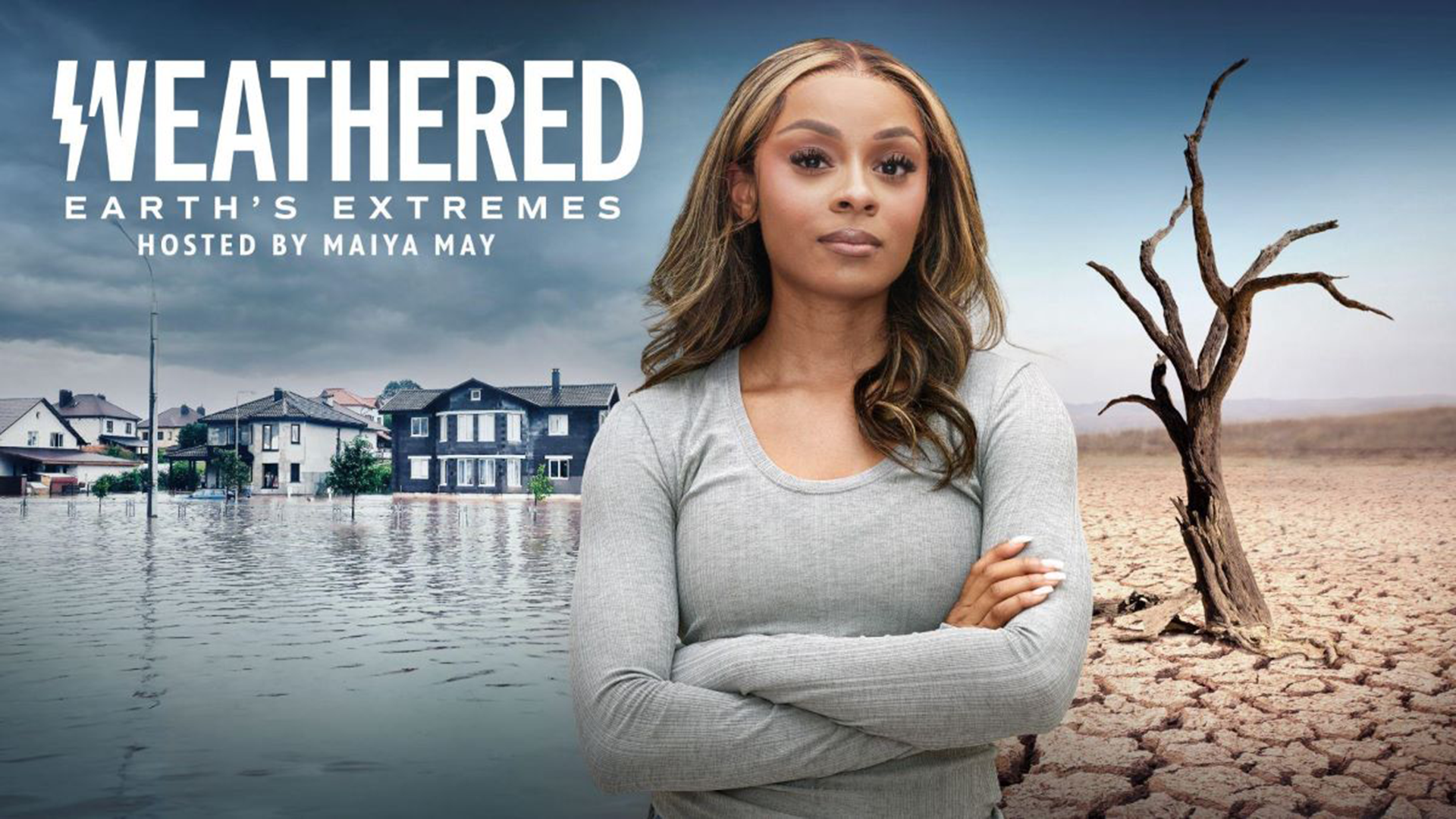Voices of the Earth
April is Earth Month, a time to reflect on our planet’s well-being as we look ahead to the national celebration of Earth Day on April 22.
04/02/25
April is Earth Month, a time to reflect on our planet’s well-being as we look ahead to the national celebration of Earth Day on April 22.
04/02/25
April is Earth Month, a time to reflect on our planet’s well-being as we look ahead to the national celebration of Earth Day on April 22. First observed in 1970, Earth Day was born from the bold vision of grassroots environmental activism led by Wisconsin’s own Gaylord Nelson.
This month invites us to consider the importance of caring for our natural resources, the complexity of our interconnected environmental and climate challenges, and the disproportionate impacts of environmental harm across different communities and regions.
In addition to a range of new programming airing on PBS Wisconsin throughout April, we invite you to explore streaming selections from our PBS Wisconsin Diverse Voices collections. These curated titles highlight the many individuals and communities working every day to protect the planet and ensure a sustainable future for all.
When Milly Zantow learned about a landfill “closing”– ceasing waste acceptance because it has reached capacity much earlier than it should in her Sauk County community — she took action. Seeing for herself that there was too much plastic waste, she thought it should be recycled. At the time, plastic recycling was virtually unheard of, but Zillow found a solution. She played a key role in developing the numbering system used to identify different types of plastic for recycling – a system now adopted worldwide. Her efforts also contributed to the creation of Wisconsin’s recycling law, establishing her as a trailblazer in the fight for environmental sustainability.
Learn more about Zantow in this installment of PBS Wisconsin Education’s Wisconsin Biographies series, a collection that brings stories of Wisconsinites who have made history to life for learners today. The series offers short animated videos, digital books, historical images and extension activity ideas that support academic standards for Grades 3-6.
There are numerous barriers in place when it comes to growing food in cities, but education and lack of access to space are the hardest to overcome. Yemi Amu has dedicated her life as a farmer to solving this problem, starting the only Aquaponics farm in New York City and actively engaging the public in education on how to grow food for in urban environments.
Follow Amu’s story in PBS Digital Studios’ Women of the Earth, a short-form documentary series capturing the resilient work of female land stewards across the United States.
Join Around the Farm Table host Inga Witscher as she visits with members of a grassroots network of women farmers in southwestern Wisconsin called the Soil Sisters. She learns about habitat restoration from a woman who restores native prairie, visits with a farmer who is raising a heritage breed of pigs on pasture and discusses the Soil Sisters group with one of its founders.

Join host Maiya May as she uncovers the current science behind extreme weather events and rapid climate change and reveals the successful solutions to these challenges. Through interviews with leading experts, current data and models, and educational animations, Weathered not only explain how the systems of Earth respond to increases in greenhouse gas emissions but also introduce students to the adaptations and mitigations that will help human societies build resilience to those changes.
In this episode of A People’s History of Native America, host Tai Leclaire explores the powerful legacy of Indigenous fire stewardship – and how centuries-old practices like cultural burns were suppressed in favor of Western fire suppression policies. With insight from Dr. Melinda Adams, an expert in Traditional Ecological Knowledge, the episode uncovers how Indigenous science not only protected ecosystems but is now being reclaimed as a vital response to climate change. From the origins of Smokey Bear to the fight to restore the Klamath River, this episode challenges myths and uplifts Native knowledge as key to our environmental future.
What do you think?
I would love to get your thoughts, suggestions, and questions in the comments below. Thanks for sharing!
Sigrid Peterson
The author has turned off comments for this article.